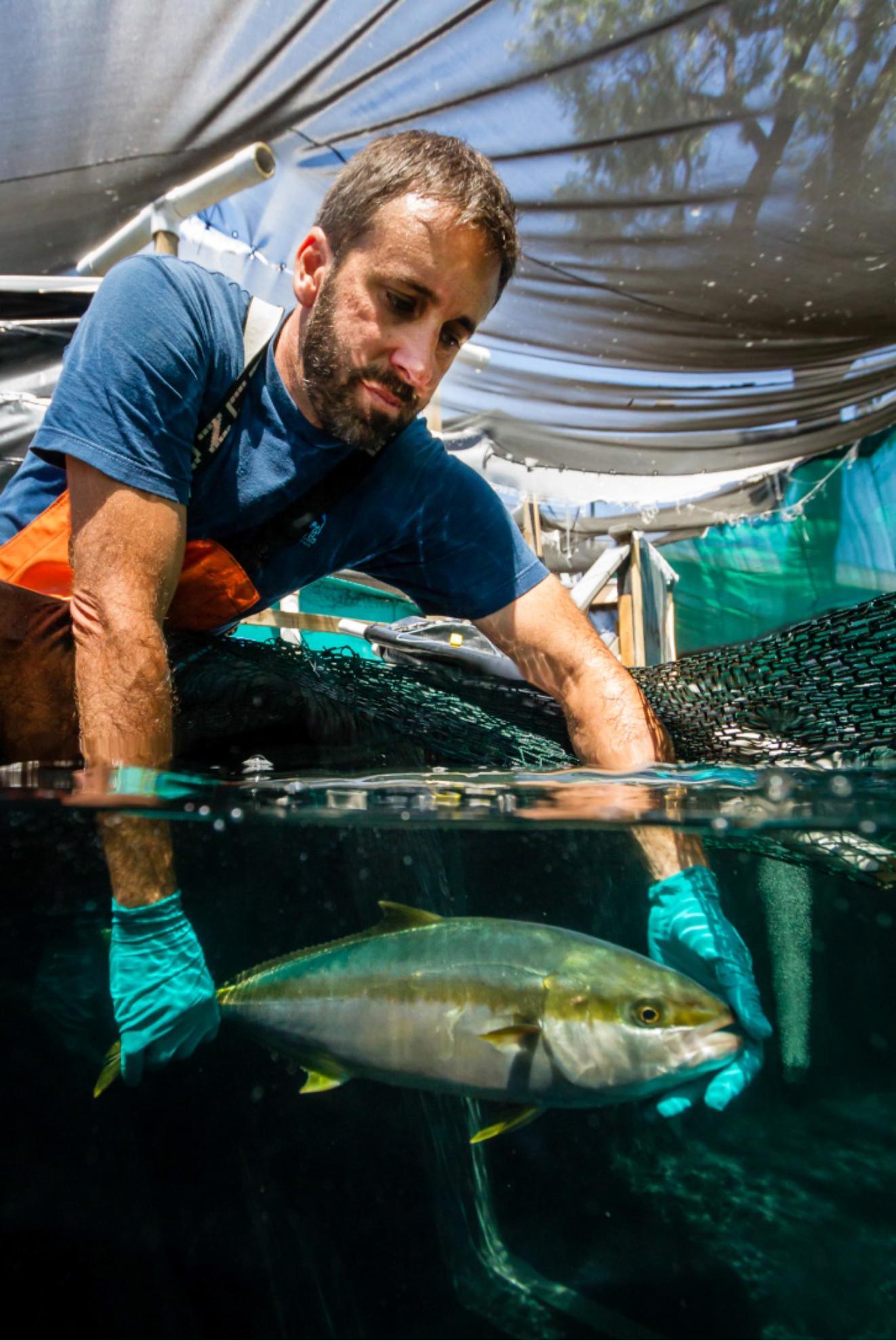
Determination and practical application of egg quality measures toward reliable culture of high-value marine finfish species
This initiative aims to bolster fingerling production--a critical aspect of establishing a sustainable and profitable marine aquaculture sector--by delving into the factors that influence the quality of eggs and larvae. The objective is to pinpoint practical markers, as well as pre- and post-spawning influences that impact egg quality in up to three ecologically vital and economically lucrative marine fish species native to the U.S. West Coast: the California yellowtail, the sablefish, and/or the California halibut. Distinguishing the discrepancies between high-quality and low-quality eggs, as well as charting correspondences between quality and different conditions like broodstock diet, age, domestication status, spawning methods, or progression through the spawning season have genuine implications for the successful rearing of these species.
Objectives:
- Measure intrinsic variation in seasonal egg quality in the broodstock populations
- Determine if broodstock nutrition impacts egg quality
- Assess whether different spawning methods affect egg quality
- Transfer technologies and information to governmental and industry partners directly through advisory panel meetings and/or works
Project Summary
| Duration: | 3 years |
|---|---|
| Funded Date: | 09/01/2014 |
| Funding level: | $294,068 |
| PI: |
|
| Advisors: | |
| Location: | California - CA, Washington - WA |
| Species: | Sablefish, Yellowtail |
| Topics: | Broodstock, Culture/egg quality |
